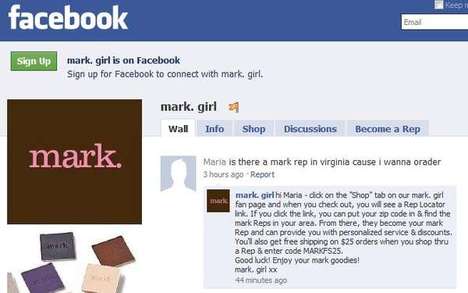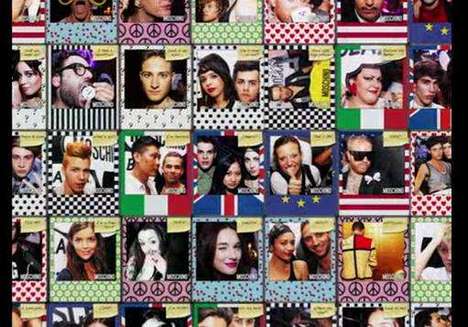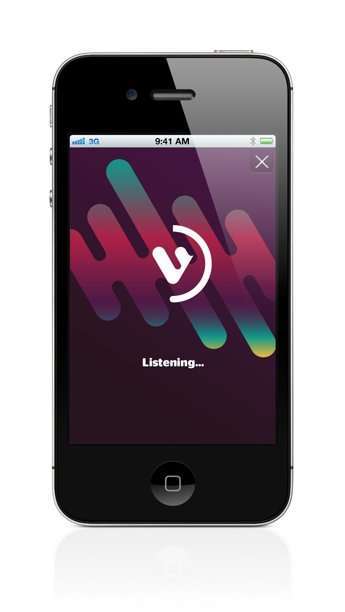Social Media Referrals and Its Effect on Purchasing Behavior
Related Trend Reports
Art & Design, Business, Games, Interactive, Internet, Lifestyle, Marketing, New Ventures, Photography, Retail, Social Media, Tech, Travel, World Marketers have extensively studied the power of word-of-mouth referrals as they pertain to consumer purchasing behavior -- the more your friend recommends a product, the more likely you will go out and buy the product -- and now, more brands are paying attention to the effects of social media referrals in particular. Do social networks drive consumers to make purchases? Research is pointing to yes. According to Hubspot, recent studies have uncovered that 71 percent of shoppers say they're more likely to buy something based on social media referrals, and that consumers generally trust the recommendations they see from friends, and even strangers, more than they trust advertising.
Marketers have extensively studied the power of word-of-mouth referrals as they pertain to consumer purchasing behavior -- the more your friend recommends a product, the more likely you will go out and buy the product -- and now, more brands are paying attention to the effects of social media referrals in particular. Do social networks drive consumers to make purchases? Research is pointing to yes. According to Hubspot, recent studies have uncovered that 71 percent of shoppers say they're more likely to buy something based on social media referrals, and that consumers generally trust the recommendations they see from friends, and even strangers, more than they trust advertising. In terms of specific social networks, Facebook, Twitter and Pinterest are the top social networks influencing consumer buying decisions today. According to a study conducted by Kantar Media Compete, 35 percent of consumers stated that Twitter influenced their decision to purchase a product, while 24 percent said Facebook drove them to buy something. Pinterest, while relatively new in the social media sphere, is already guiding consumer buying decisions: Bizrate Insights found that 32 percent of shoppers in North America have bought something after seeing a photo on a social image-sharing site, such as Pinterest.
The reason behind the power of social media referrals may lie in the natural tendency of people to want what others have, and the tendency to mimic the behavior of others (often subconsciously). These actions can be attributed to a person's "mirror neurons," which consumer advocate and author Martin Lindstrom describes as neurons that fire when a person observes an action, causing the person to "feel" what he or she sees another person feeling. What's more, according to Lindstrom, "Mirror neurons become activated not only when we're observing other people's behavior, they even fire when we're reading about someone performing it."
The latter activity, in this case, can be applied to social media referrals in that when a consumer reads a raving online review on a social network of a brand, product or service, her mirror neurons fire, making her feel the same positive feelings toward that brand, product or service as the other person. Thus, the shopper feels compelled to perform the same action -- i.e. purchase the product or service in question. This is especially true when the referral comes from a person we trust, respect or possesses qualities we want others to recognize in ourselves (for example, stylishness or intelligence), because by purchasing the same thing as the other person, we get a rush of dopamine, a chemical in the brain that causes the feeling of pleasure.
Consequently, social media referrals are significant to consumer purchasing behavior and therefore, a brand's online marketing strategy. Trend Hunter has uncovered a variety of ways brands are using social networks to drive purchases, such as the site Mulu, which rewards consumers for recommending products to their online networks. Discover more strategies and social media sharing campaigns by accessing our Social Media Trend Report and Retail Trend Report.
References: holykaw.alltop, trendreports
Featured Articles

Social Guidance
Visual guides help marketers better understand social media platforms

Social Gamevertising
Brands use social media and gaming to lure customers

Digital Gifting
Online shoppers use digital media tools for gift ideas

Social Shopping
Shopaholics are using social media for networking and retail therapy

Photovertising
Brands base interactive campaigns on customer photography

Check-In Campaigns
Brands engage customers by rewarding them for check-ins